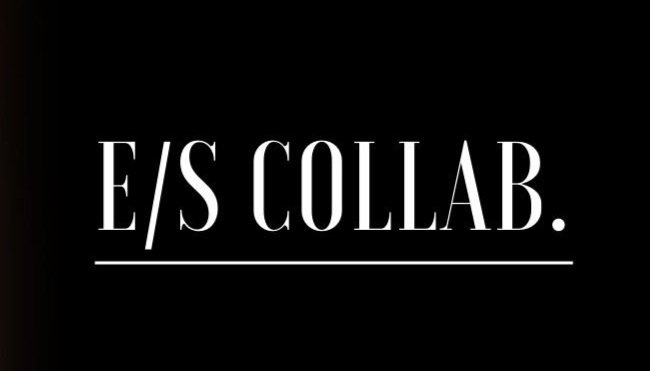Premiering at a Film Festival: 6 Business Affairs-related Things To Think About
Sundance, Slamdance, Berlin, Cannes, Venice, Toronto, Austin, Bentonville, Telluride…. the list goes on. It almost feels like there’s a film festival happening every week! Film festivals are key to a healthy independent film industry - they’re a great place to connect with other filmmakers, learn more about current market trends, and (usually) an ideal place to launch a film. That said, before premiering your film at a festival, there’s a bunch of stuff to think about. Let’s untangle some of them.
1. Choosing the Right Festival: Before spending cash to submit your film to every film festival you’ve ever heard of, it’s crucial to consider your film’s genre, budget, and goals; whether it’s networking, landing your next gig or finding distribution. For instance, if you have an independent character driven drama, Sundance Film Festival is a prestigious choice to help your film gain recognition, however you have to be prepared for some fierce competition. On the other hand, if your indie film is horror-themed, the genre-focused Fantasia International Film Festival is a great option, known for its passionate horror and fantasy fan base. And if you're looking to connect with industry professionals, Tribeca Film Festival in New York offers excellent networking opportunities. Just remember, smaller festivals like Slamdance, or regional ones like Austin Film Festival, can provide a more intimate setting for emerging filmmakers. Consider your film's unique qualities and objectives to make an informed decision about which festival will best serve your project.
Additionally, it’s important to remember that many festivals have strict premiere requirements. What does this mean? Well, if you've already screened your film publicly, some festivals might pass on your submission. So, before accepting the first film festival screening offer, consider the impact on your film’s festival circuit.
2. Terms and Conditions: As you submit to each film festival, you'll likely need to agree to and sign the festival’s terms and conditions. The fine print outlines how and when your film will be shown, what permissions the film festival has, for how long etc. etc. It varies for different film festivals. Like with any fine print, it’s important to understand what is being agreed to so, read carefully! And ensure it aligns with your film’s long-term goals.
3. USCO Registration: You know how you'd lock your car when you park it on the street so no-one steals it? Think of copyright registration like locking your film. Registering your film with the United States Copyright Office puts the world on notice that your film is owned by you and makes it harder for others to claim ownership. While you might not necessarily need to register it until you deliver to a distributor, it’s always a good thing to have in place ahead of screening your project publicly.
4. Errors & Ommissions Insurance: This is so, so important guys! Ideally you have this in place ahead of your first public screening (e.g. film festival premiere). We wrote a whole blog post on why E&O is so important. Check it out here.
5. Music: Remember that catchy tune in your film? Ensure you have the proper licenses for the music, and that all music is cleared for use. You might choose to just clear your music for film festival use only but remember, if and when you sell your film, you’ll need to go back and clear all music for uses the purchaser or licensor of your film requires.
6. No Third Party Restrictions: Make sure all your paperwork is in order! That you have a clean chain of title, all cast and crew have signed agreements giving you permission to use their work without restriction (and if there are any restrictions, that you’re not overstepping), and all clearances have been obtained. Essentially, you’ve obtained all permissions needed to premiere your film at Best Film Festival Ever.
There’s so much more to think through through than the brief 6 items above as your submit to film festivals, accept any offers and premiere, but we hope the the above is a helpful starting point. If in doubt, as always, ask colleagues, fellow filmmakers, and those who have done it before, to help you navigate.
Good luck! 🎬🌟
Disclaimer: This post should not be construed as legal, commercial or financial advice and should be used for informational purposes only.
